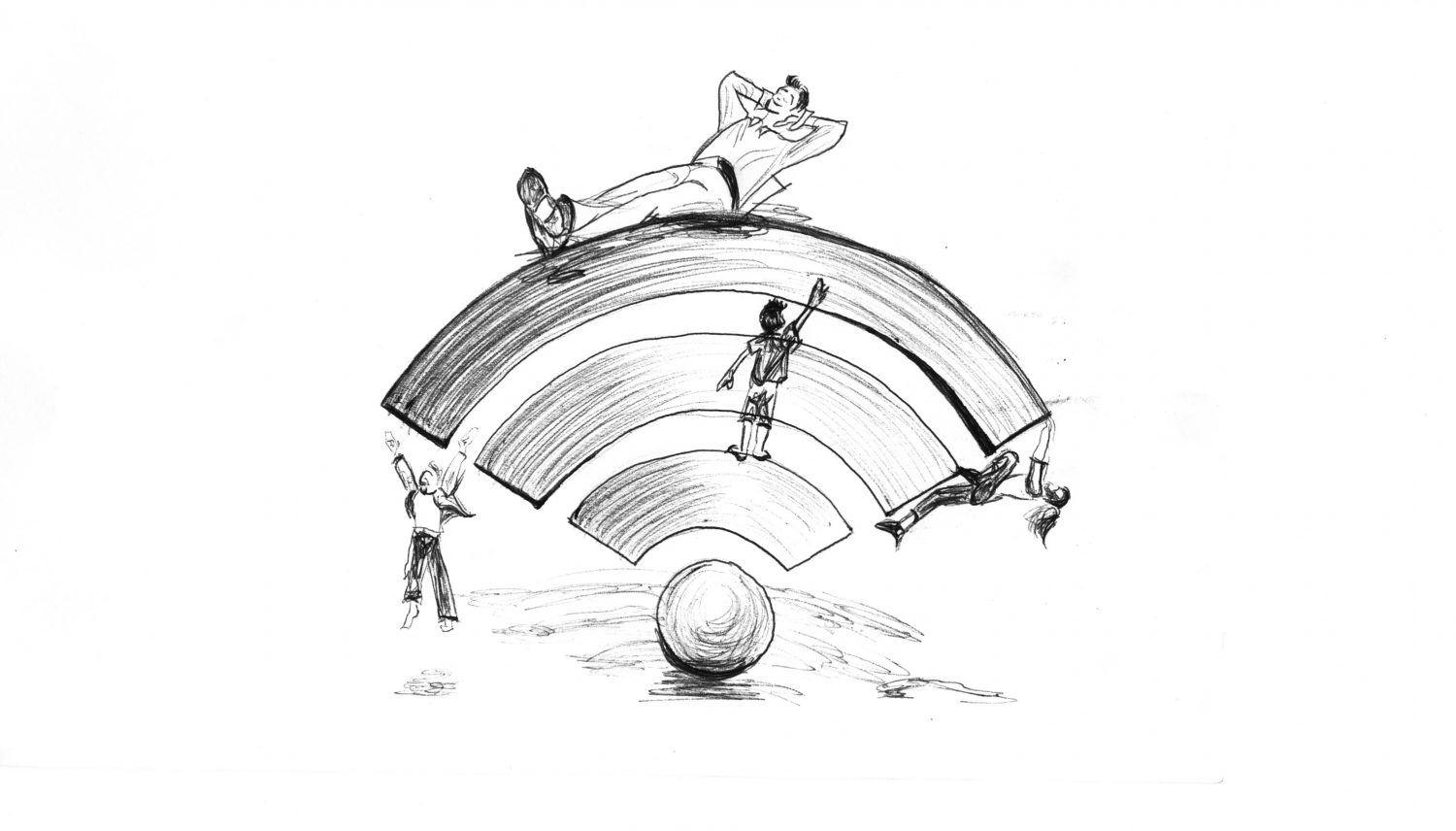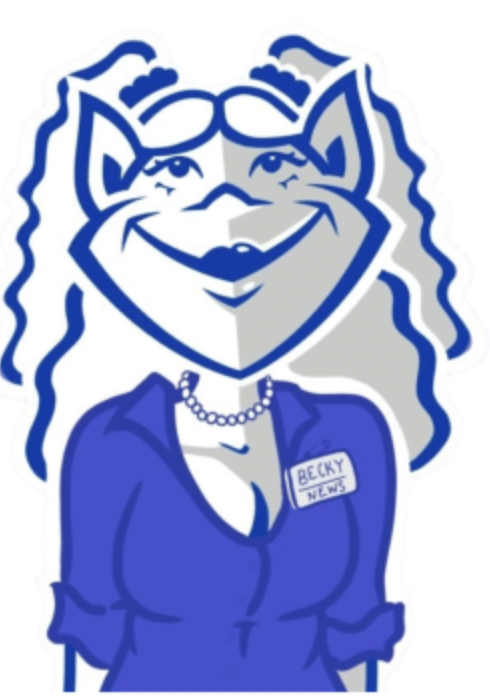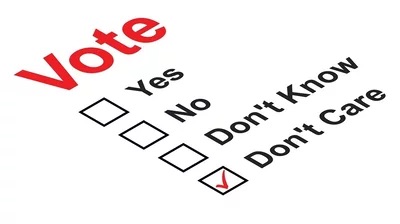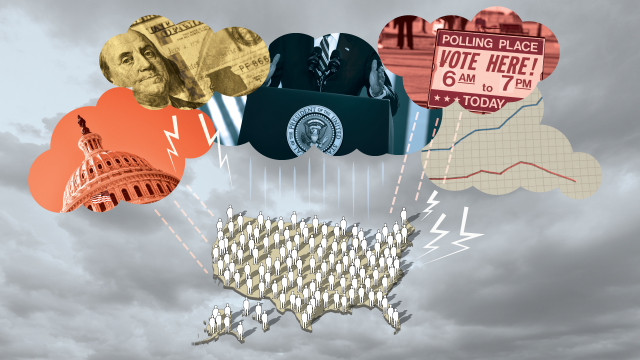On Nov. 10, President Barack Obama stated that he supported net neutrality and would like to treat the Internet as a “public utility” in the United States. Obama stated that labeling the Internet, as a “utility”, would acknowledge, “the Internet has become an essential part of everyday communication and everyday life.”
Obama’s statements reject those made by the Federal Communications Commission (FCC) Chairman Tom Wheeler, who has proposed that Internet service providers, such as Comcast and Charter, could auction faster Internet speeds to the highest bidders. The Washington Post reported that the argument between the Obama administration and the FCC has the potential to be a major policy fight. Meanwhile, the vast majority of people, according to a University of Delaware poll (81 percent), were in favor of net neutrality; keeping the Internet neutral for all companies and individuals.
The poll also suggested that people would be more likely to support net neutrality the more they learned about it. Since a couple of Editors were uninformed regarding the subject, we saw it fit that we provide our opinions regarding net neutrality in hopes of creating a more knowledgeable student populace on the subject.
In 2003, Tim Wu, a Columbia University professor, helped bring net neutrality into a growing debate that has reached a fever pitch this year. The FCC proposed the creation of “Internet fast lanes” for the highest bidders, which caused over one million individuals to comment on their proposition. This Editorial Board is also concerned with what an auction service would look like to the average Internet user.
We are also concerned that more successful companies like Netflix, Spotify, Facebook, Google and other popular services would be able to “buy” faster speeds from Internet providers, and thus gain another avenue to monopolize with their respective service. Loading speed means more to younger generations with split-second attention spans, so faster loading speeds would provide a tangible advantage to big companies. Auctioning Internet speeds, then, could prevent start-ups from gaining the traction necessary to challenge established companies.
For example, imagine if Myspace could load content twice as fast as the newly emerging Facebook. Would people have jumped ship from one service to the other? Maybe not.
There is also a concern that Internet speeds could be tiered, leaving start-ups and non-profits with slower loading times and dwindling page views compared to more established companies and services.
We talked about why we venture to the Internet so frequently, and, in addition to looking at cute puppy videos, we go there for information. We use the Internet because there are vast amounts of information available. With loading speeds the same for all companies, all of this information is equally available to consumers. We can find out about Kim Kardashian’s butt at the same speed that we can research non-profits in the area; a beautiful ideal that we hope to continually protect in this country.










